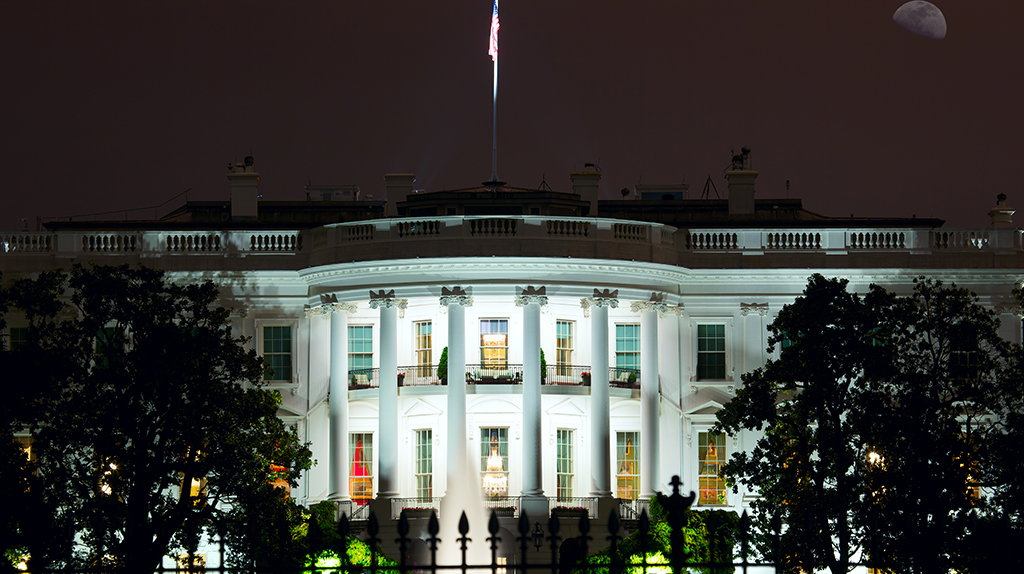A new Pew report has brought alarming news: Anti-Jewish and anti-Muslim attitudes are on the rise in Europe. While the negative view of Muslims is higher than that of Jews, there is an interesting correlation between the two.
Those who are hostile to one are hostile to the other.
Anti-Jewish feelings were found to be strong in Spain, Poland and Russia. Anti-Muslims views were also strong in those three countries, as well as in France and Germany. Interestingly, half of the Asians surveyed, including Indians, Chinese and Japanese, also have a negative view of Muslims in general. According to the survey, there is also a high percentage of anti-Jewish sentiment in several Muslim countries.
A number of factors can be identified to account for the rise of xenophobic attitudes around the world. Globalization continues to create more fear and anxiety than freedom and wealth. Immigration is seen as a threat everywhere, but no nation can live without it. Global power games are read into domestic contexts without much discernment or concern for local populations. Images and perceptions created by the war on terror permeate world public opinion and leave little room for intelligent conversation.
Modernity had promised a world unified around the common goals of a humane civilization, free individuals, rational and productive societies and peaceful nations in cooperation with one another -- a world driven by progress, science and an open-ended horizon. Very little of those values and promises has been achieved, and the gap between different cultures and societies seems to be growing.
The transition from modernization to globalization was expected to present a very different context of relations. While modernization was and is uni-directional and one-dimensional, globalization is multi-directional, with no single identifiable center. There is convergence of differences as well as divergence in the processes of globalization. But even this does not promise a better future for a global understanding of culture. The most humanistic values of modernization and globalization fail to stem the rise of xenophobic and racist attitudes in the most developed and industrialized countries of the world.
Despite our pride in the democratic institutions and egalitarian principles (if any!) of liberal capitalism, racism is running rampant. Many in the US fear that Barack Obama could lose the US elections not because of policy, but because of his skin color (and the class he supposedly represents). The non-Western world, despite its remarkable economic and social achievements in certain areas, has very little voice in the international system because it has a different language, name or religion.
The frustration created by this deep racism is reflected in everything from alternative underground cultures to violent street demonstrations. The powerful Western nations interpret these critical attitudes as confirming their prejudice that non-Westerners are essentially not reliable. You can do business with them, but forget about creating a world of shared values.
But the underdogs of the world are not giving up. What lies ahead of us is a brave new world. This is a world where the Indian auto giant Tata, which produces the cheapest cars in the world, buys the British luxury car Jaguar. This is a world where Ülker, the Turkish chocolate giant, buys Belgium’s Godiva. This is a world in which the great battle of ideas goes on in all directions.
Anti-Jewish and anti-Muslim attitudes should be a source of concern for every citizen of the world. Standing against anti-Semitism is meaningless until and unless one takes a coherent stance against all forms of discrimination and racism. The same applies to Muslims who suffer from other types of discrimination and Islamophobia.
Today's Zaman - 09.10.2008 https://www.todayszaman.com/tz-web/yazarAd.do?kn=72








